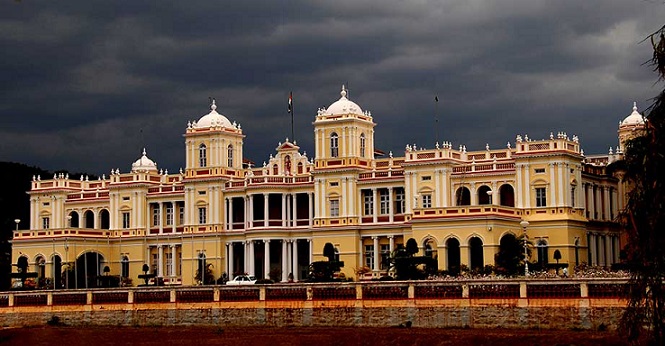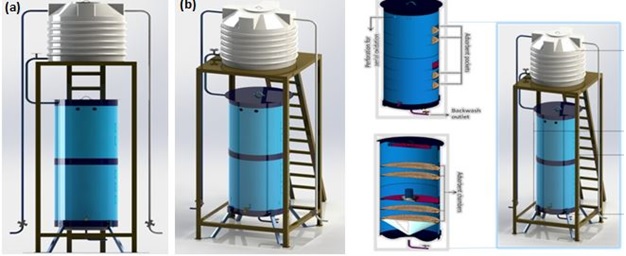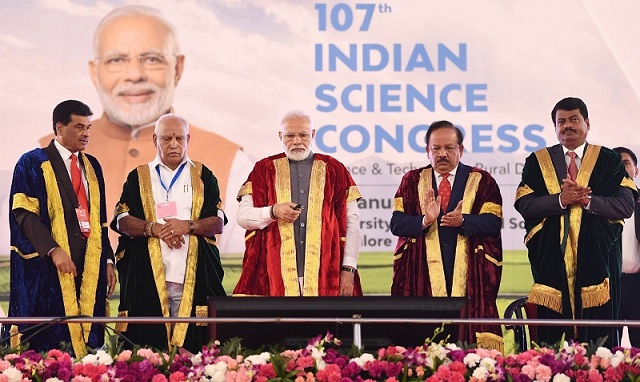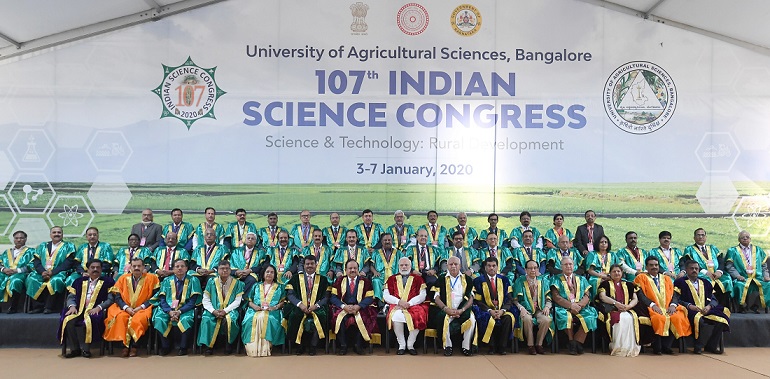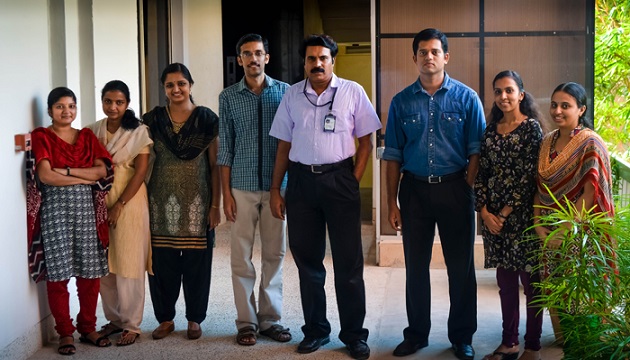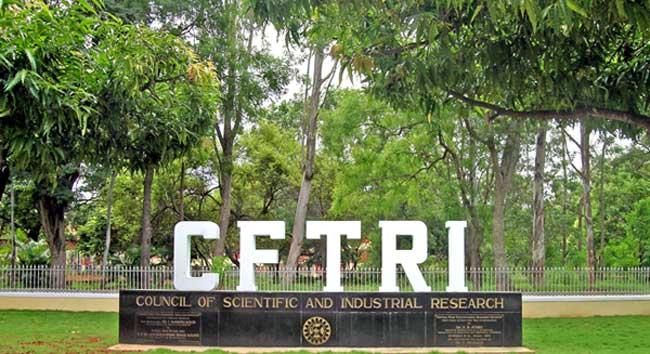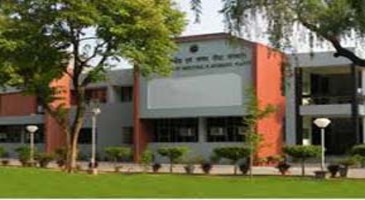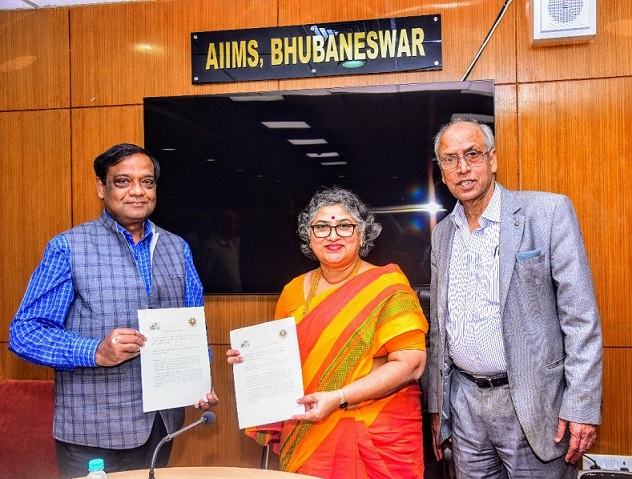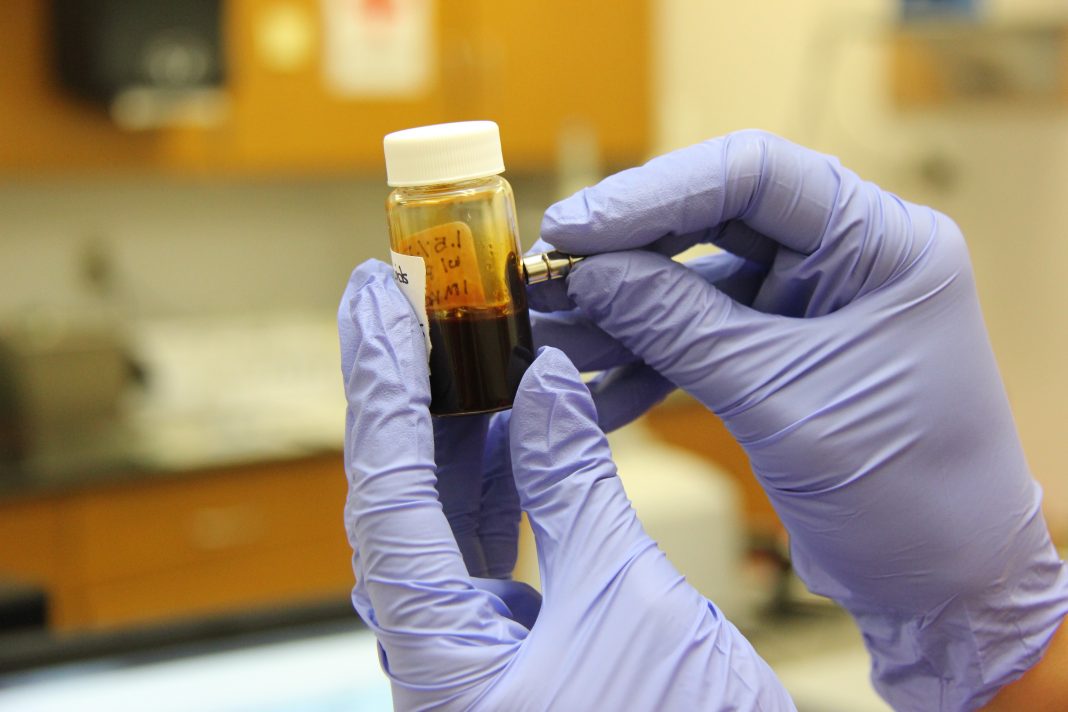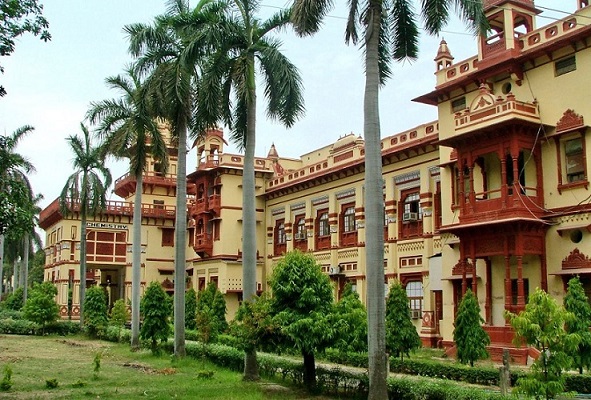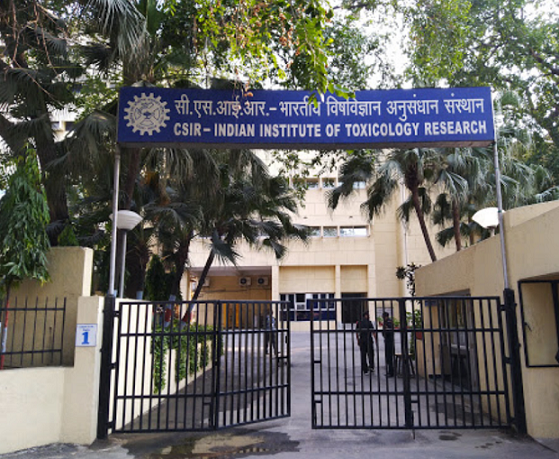
Discussions are required to understand the implications on environmental, social and economic sustainability during corona pandemic. To expand the scope of environmental research and to initiate a dialogue in this important area during the current COVID-19 pandemic, the Indian Institute of Toxicological Research (IITR) has taken the lead by organizing a a half-day webinar.
Deliberating on the theme of the titled, “Environmental Management: Challenges and Road Ahead” (EMCR), distinguished speakers and participants spoke at length on the important drivers of change, the implications of inaction, and the key factors to achieve industrial development coupled with environmental and social sustainability.
The dialogue will also create awareness towards environmental quality in the citizenry at large. Environment management solutions require a perfect blend of what is technologically practical and ecologically essential. New initiatives need to complement traditional regulatory processes. Existing regulations, such as the Environmental Protection Act, the Air Act, and the Water Act are important safety nets in India for protecting human health and the environment.
“Environmental Management: Challenges and Road Ahead” (EMCR), distinguished speakers and participants spoke at length on the important drivers of change, the implications of inaction, and the key factors to achieve industrial development coupled with environmental and social sustainability.”
The dialogue will also create awareness towards environmental quality in the citizenry at large. Environment management solutions require a perfect blend of what is technologically practical and ecologically essential. New initiatives need to complement traditional regulatory processes. Existing regulations, such as the Environmental Protection Act, the Air Act, and the Water Act are important safety nets in India for protecting human health and the environment.
However, emerging challenges such as urban sprawls, climate change, and resource depletion require renewed approaches towards integrated problem-solving. The first lecture of the webinar was delivered by Professor Virendra Sethi, IIT Bombay.
Prof. Sethi talked about region-specific emission factors of coal-based cook stoves. Then there was a talk on industrial business and biodiversity by Mr Peter Dsouza, Deputy General Manager, Environment, TATA Motors, Lucknow. Lectures were also delivered on the environmental status and air quality of Lucknow city during the lockdown periods since March 25, 2020. India Science Wire


